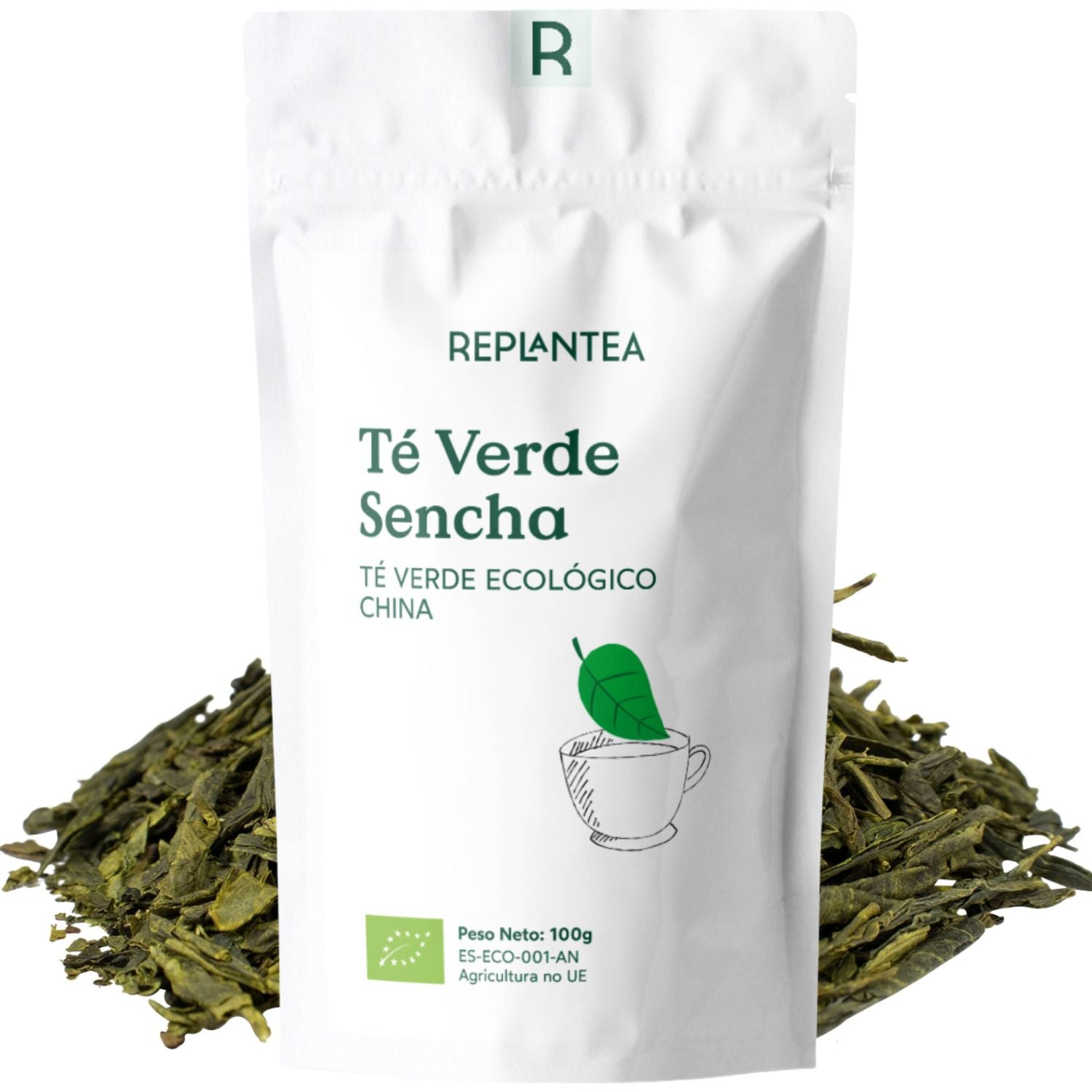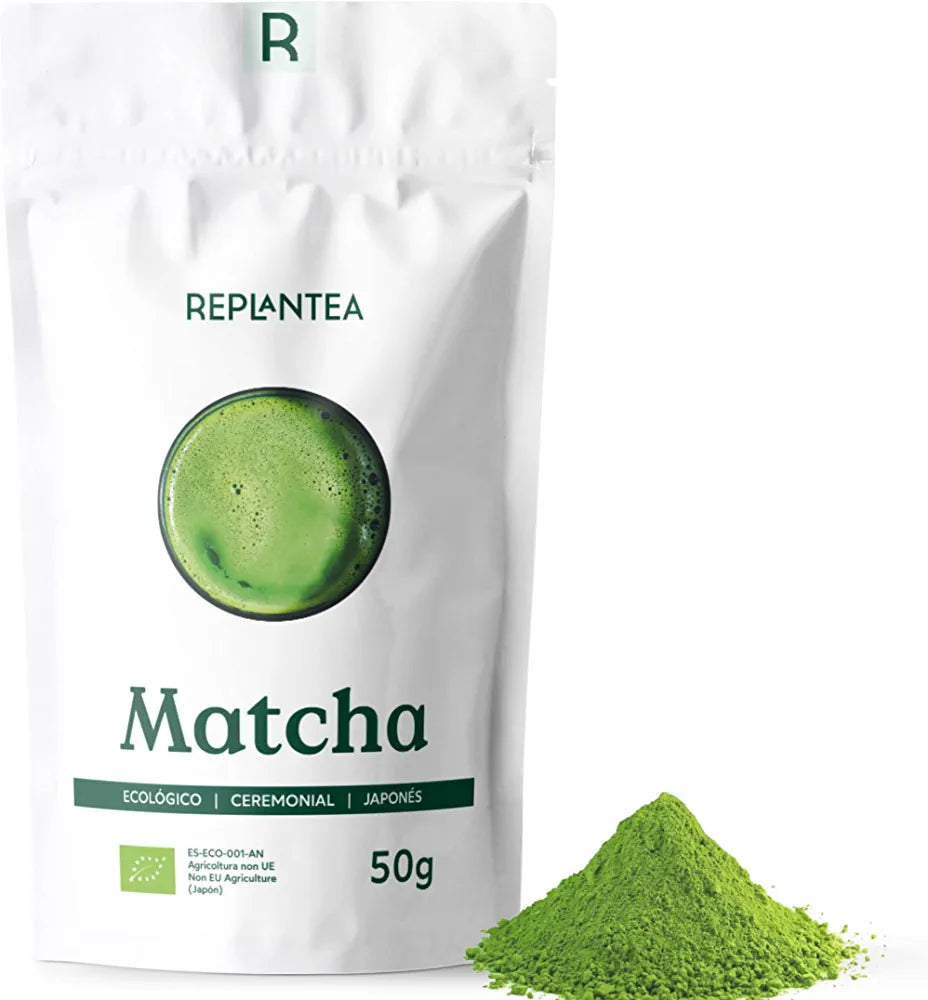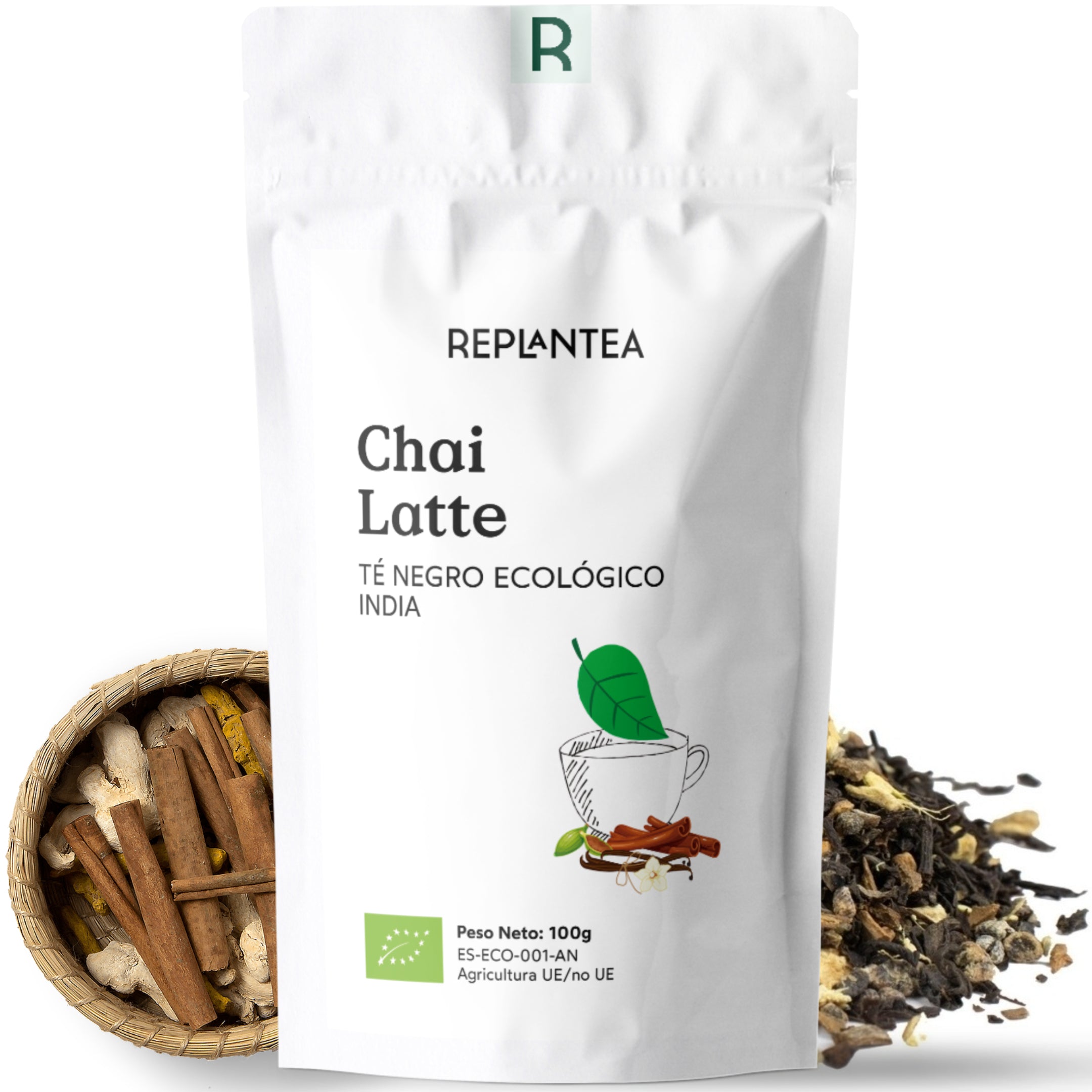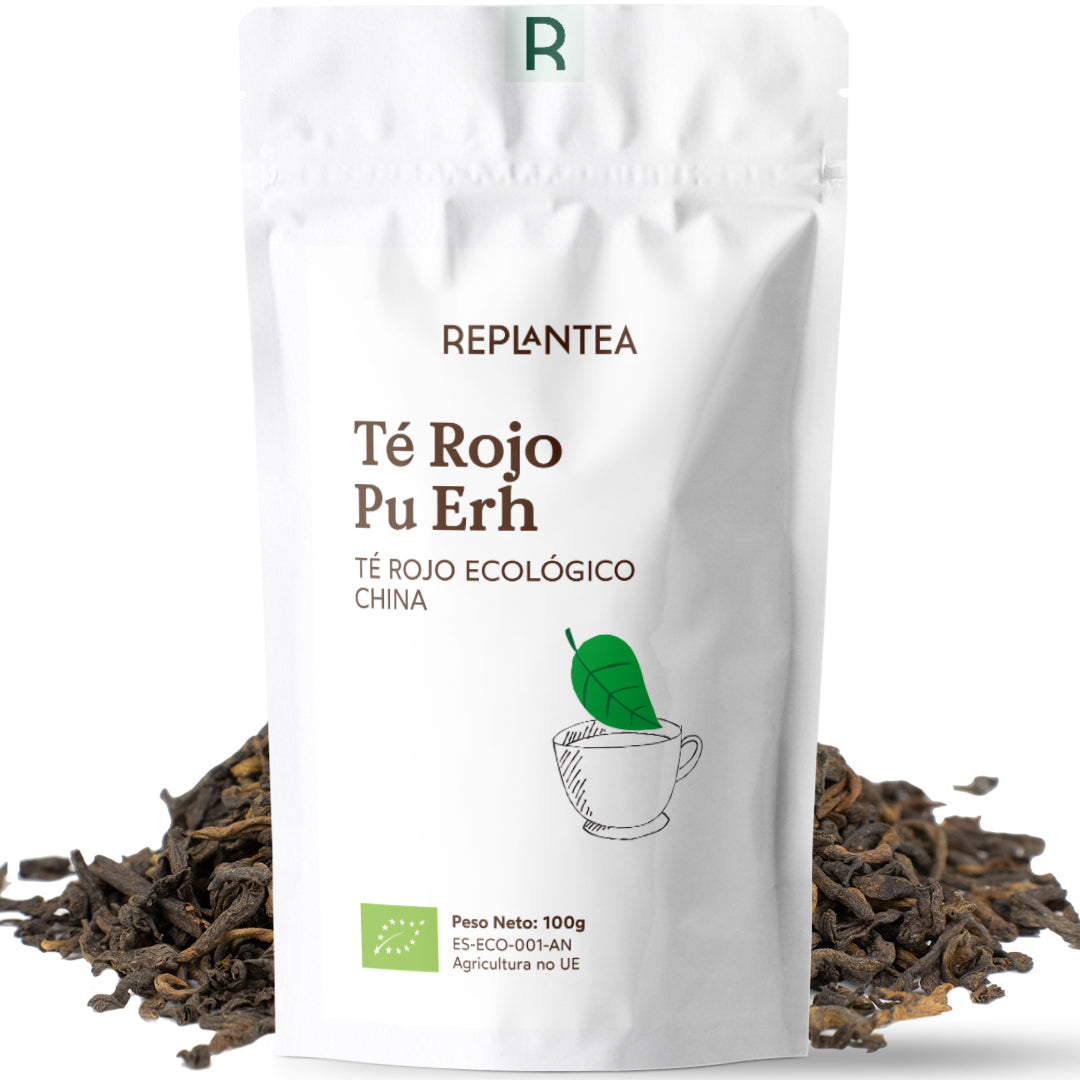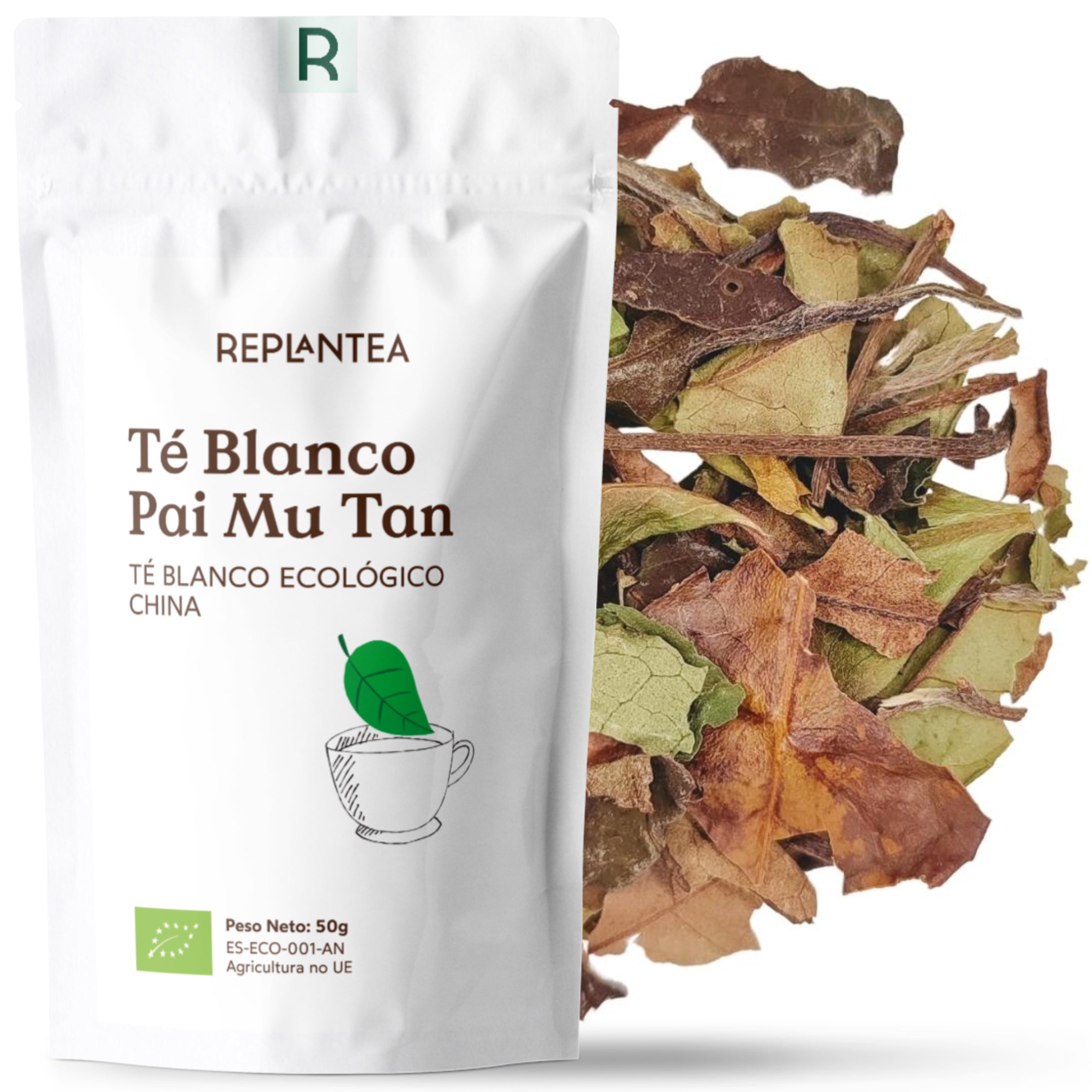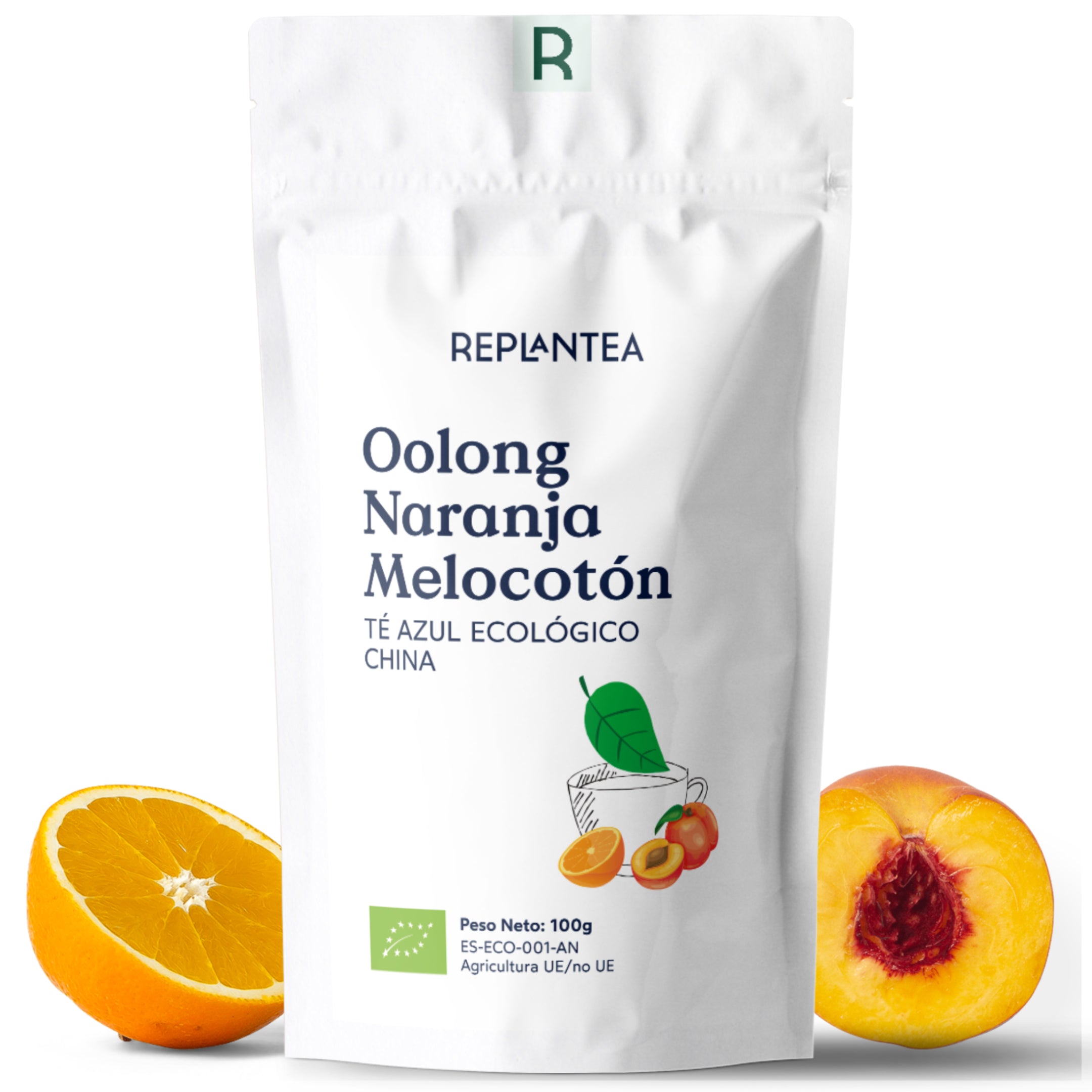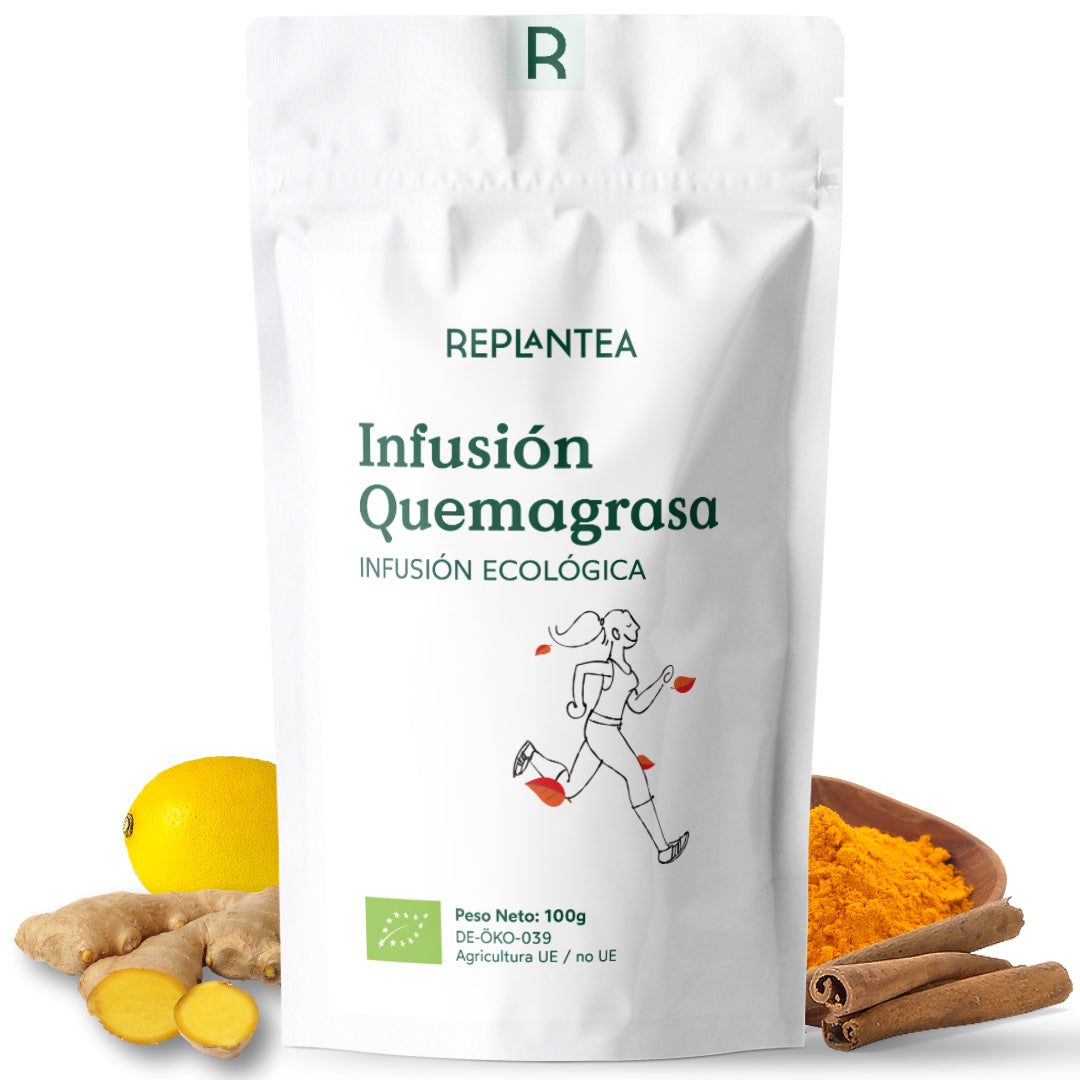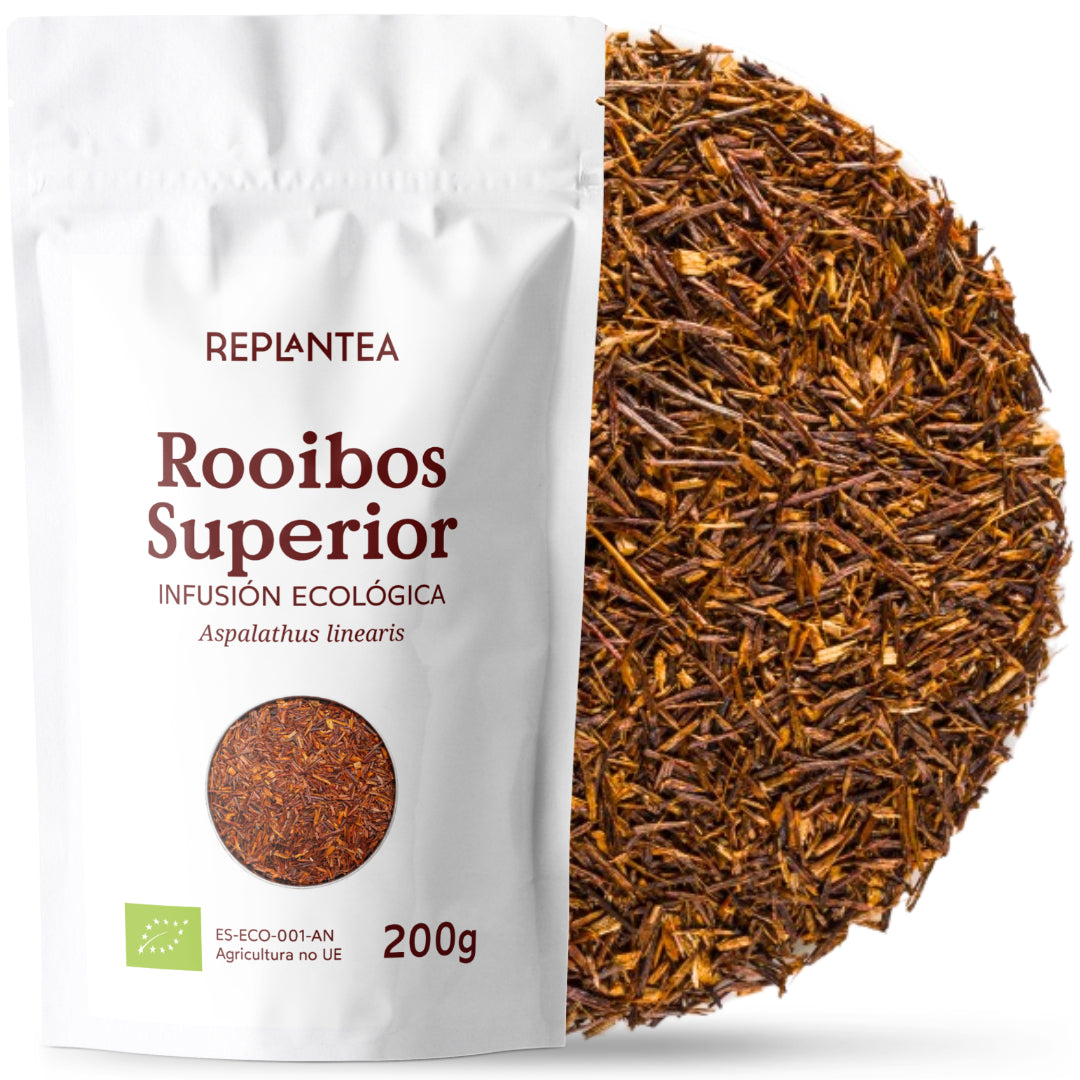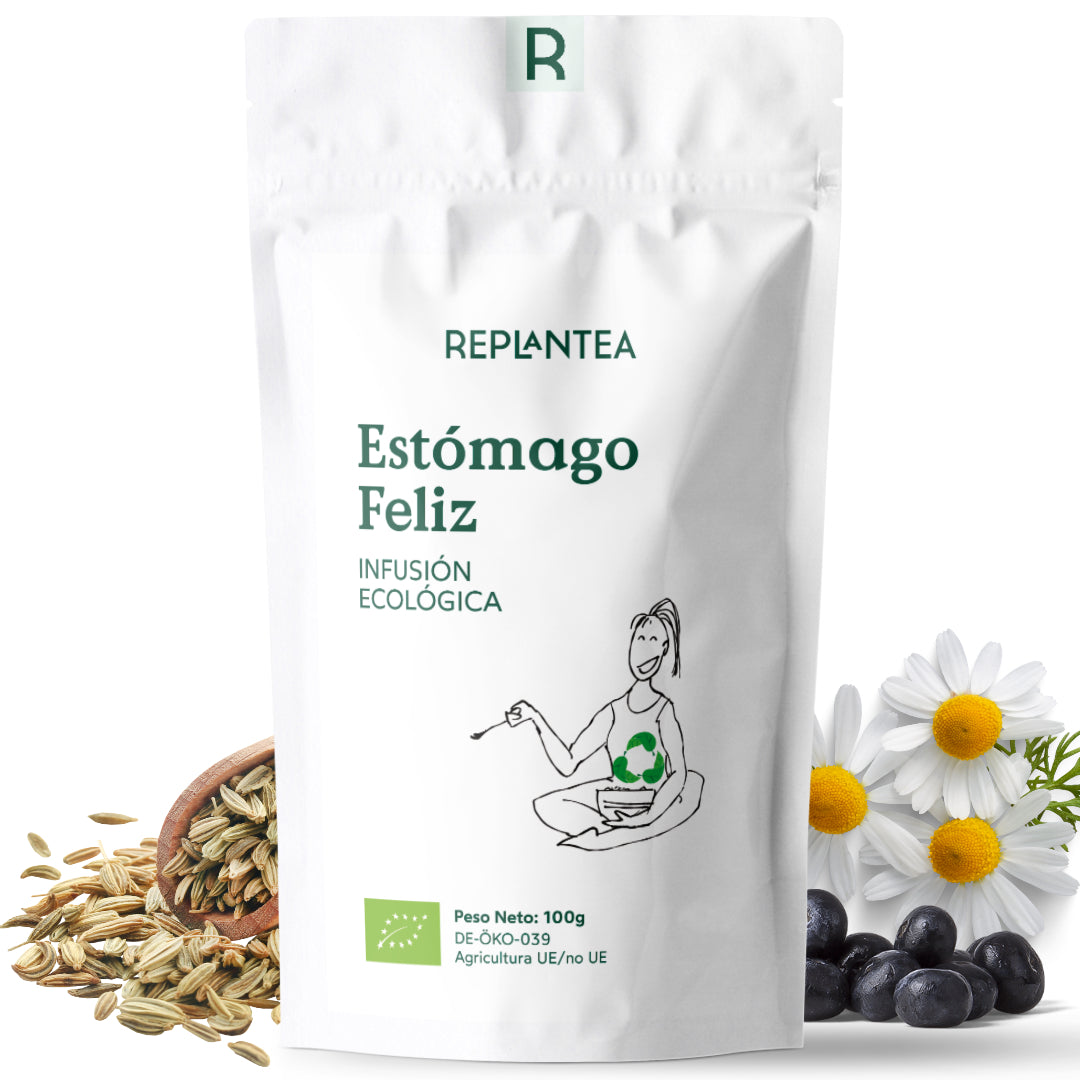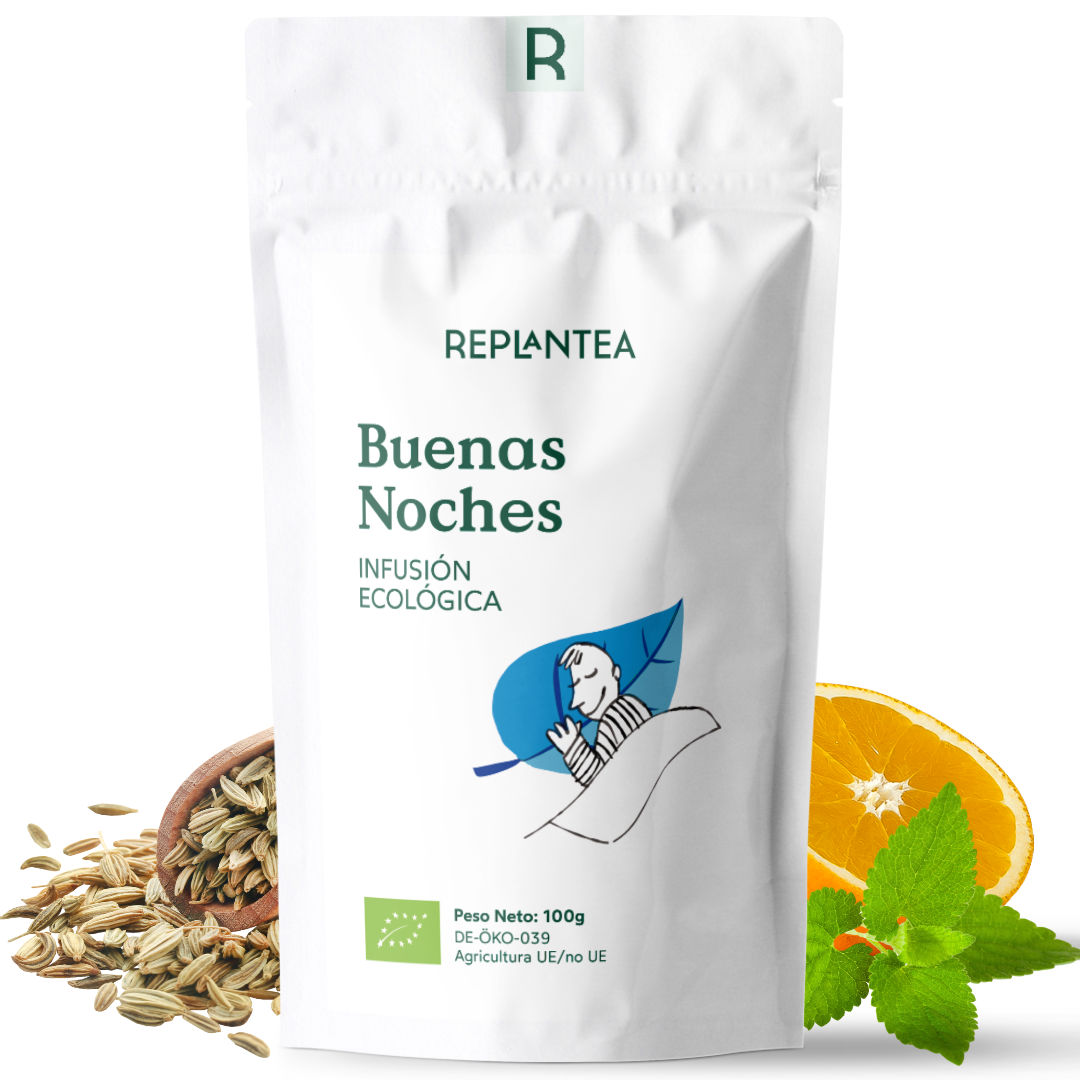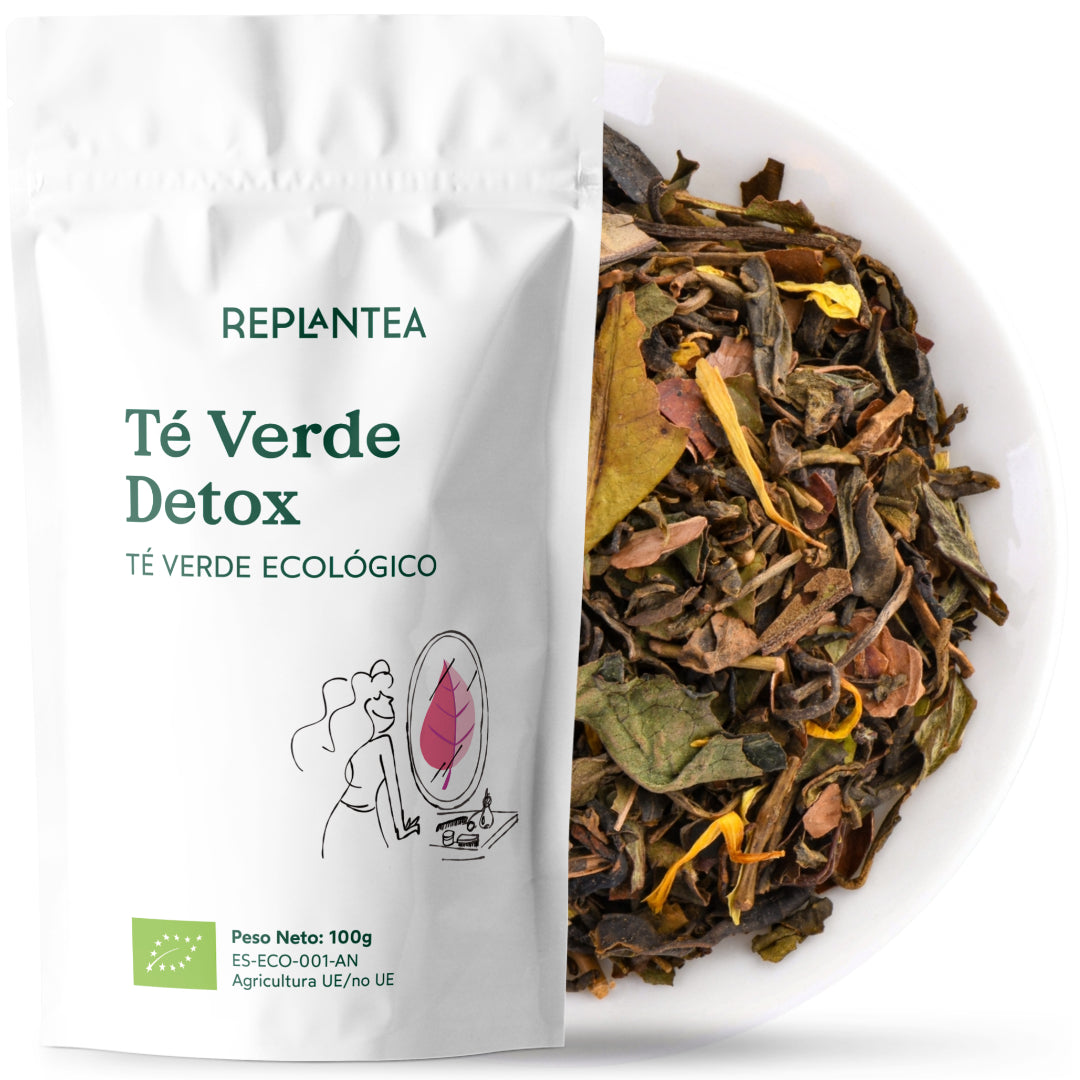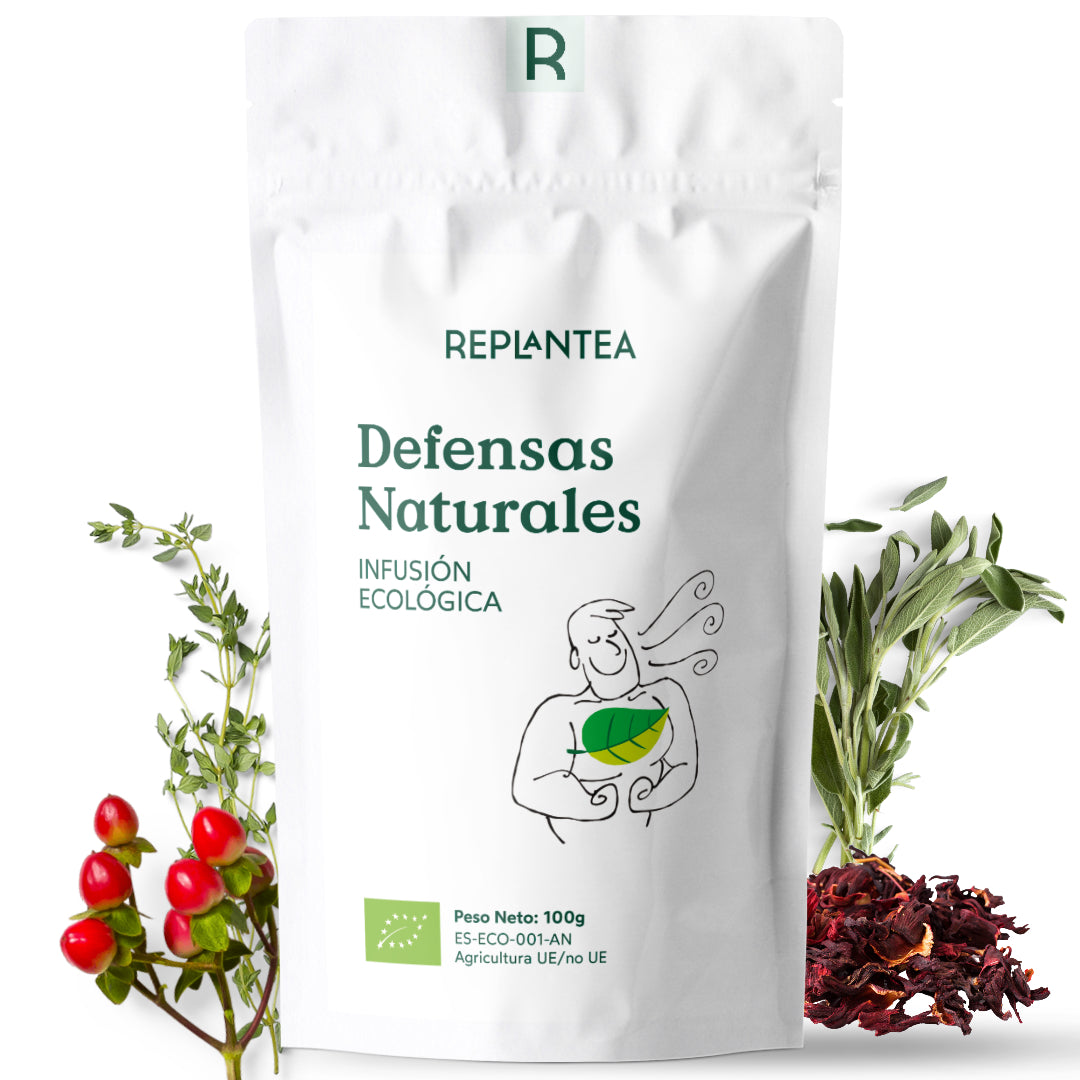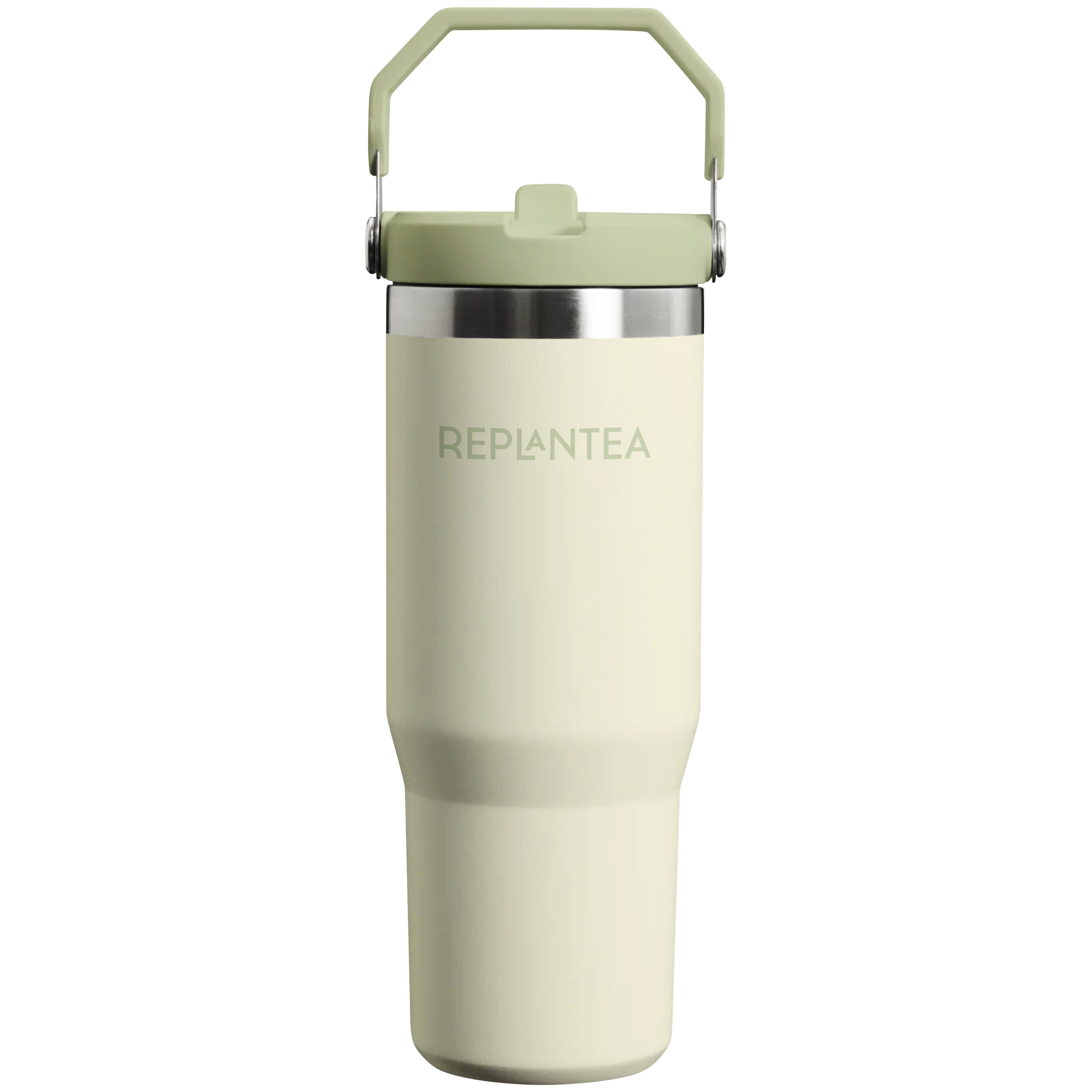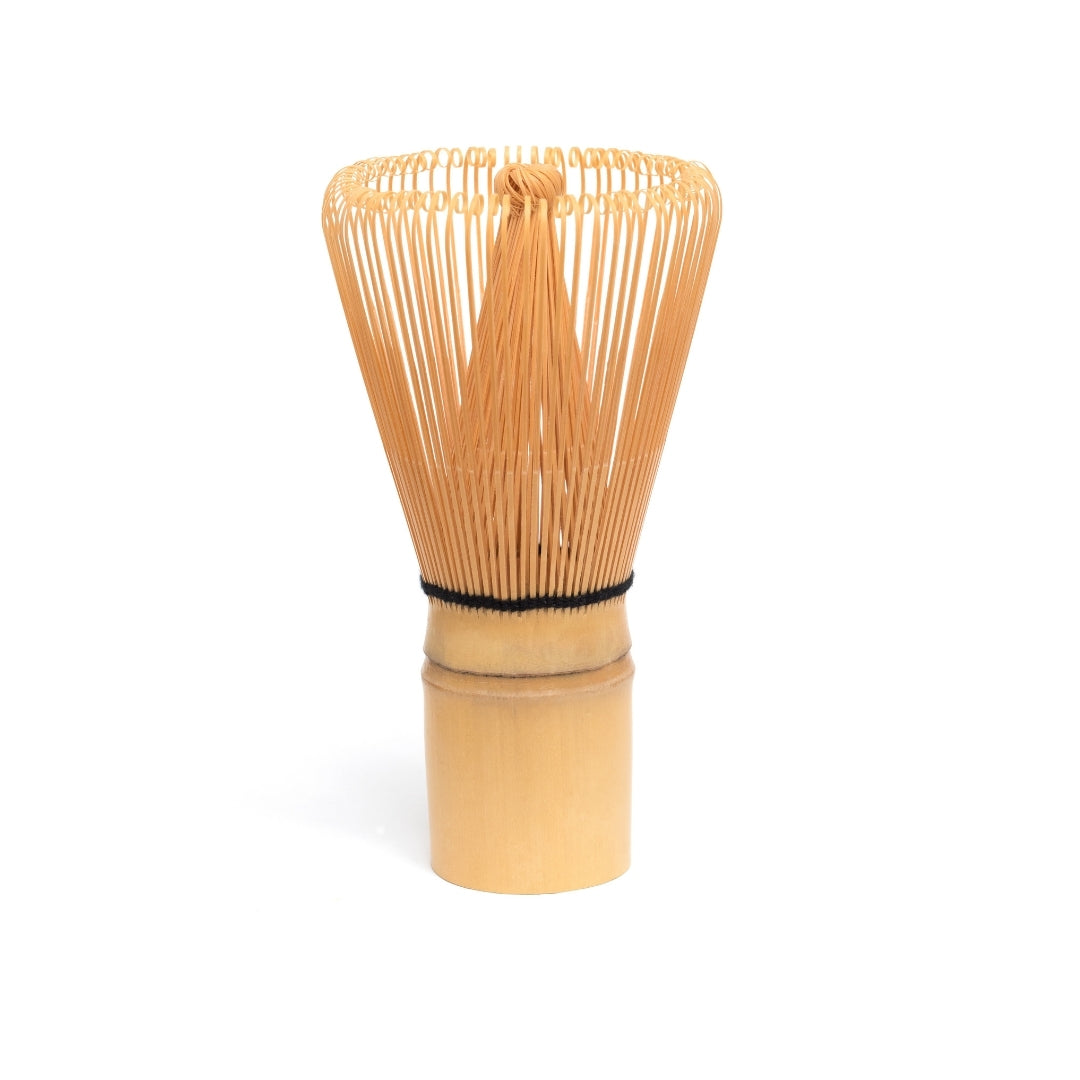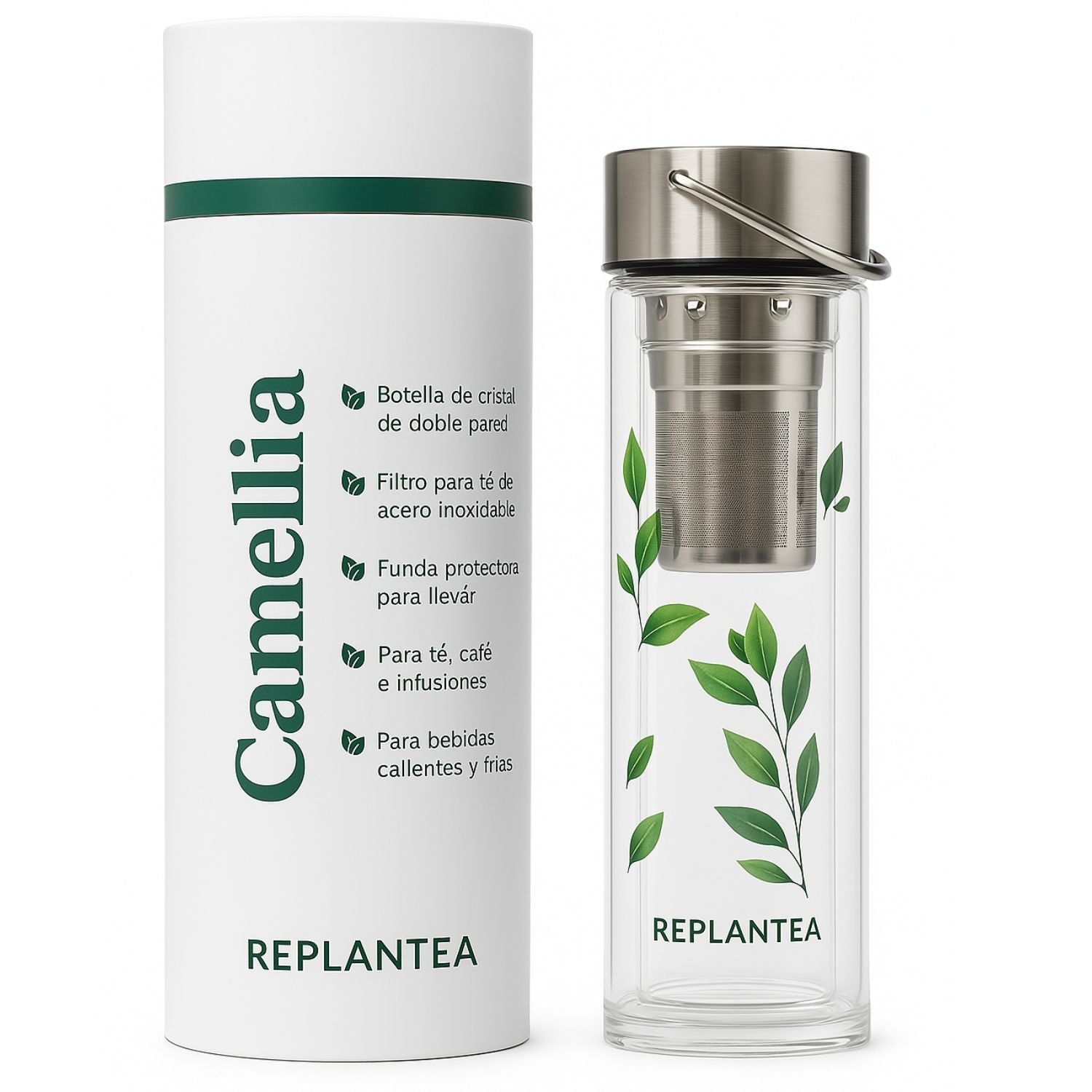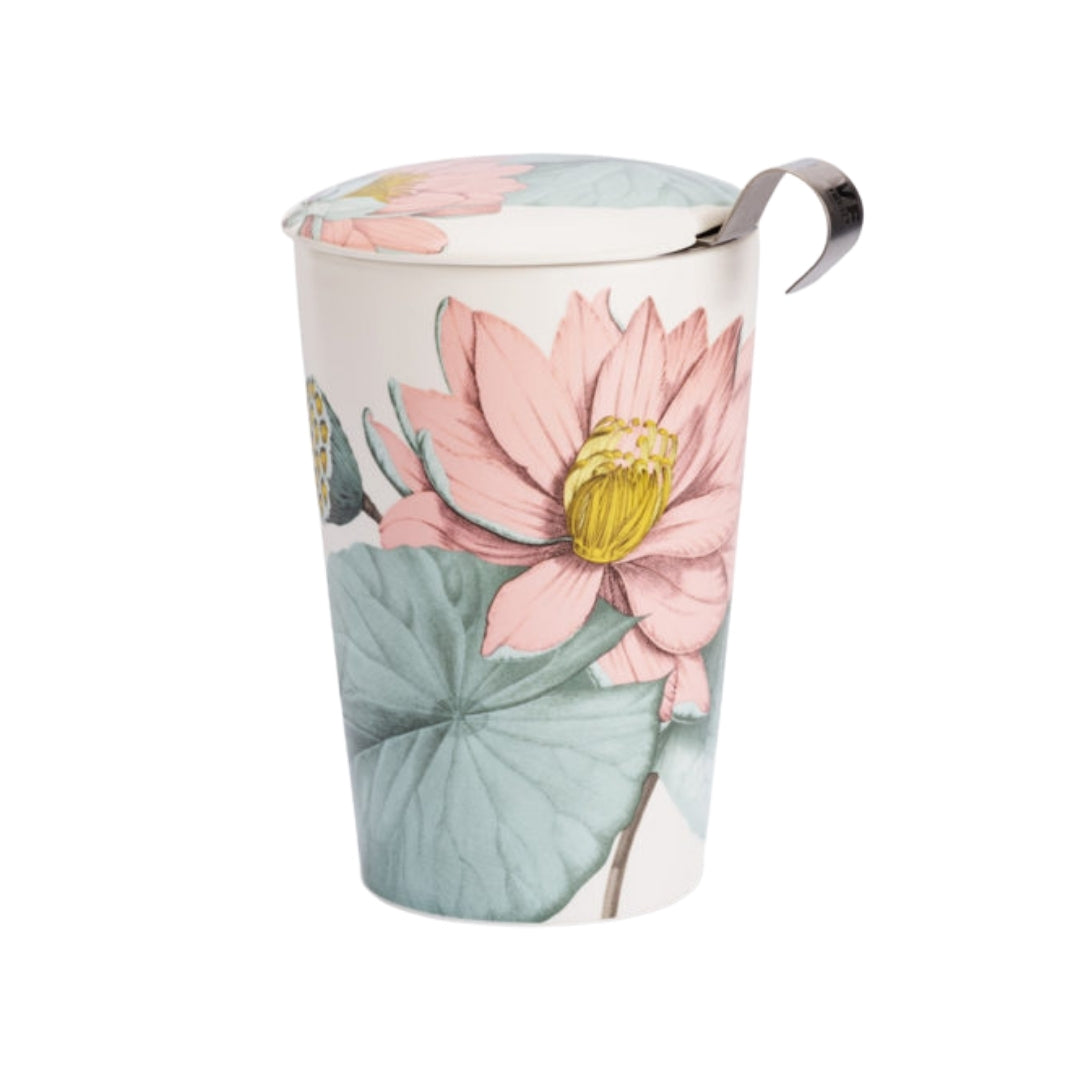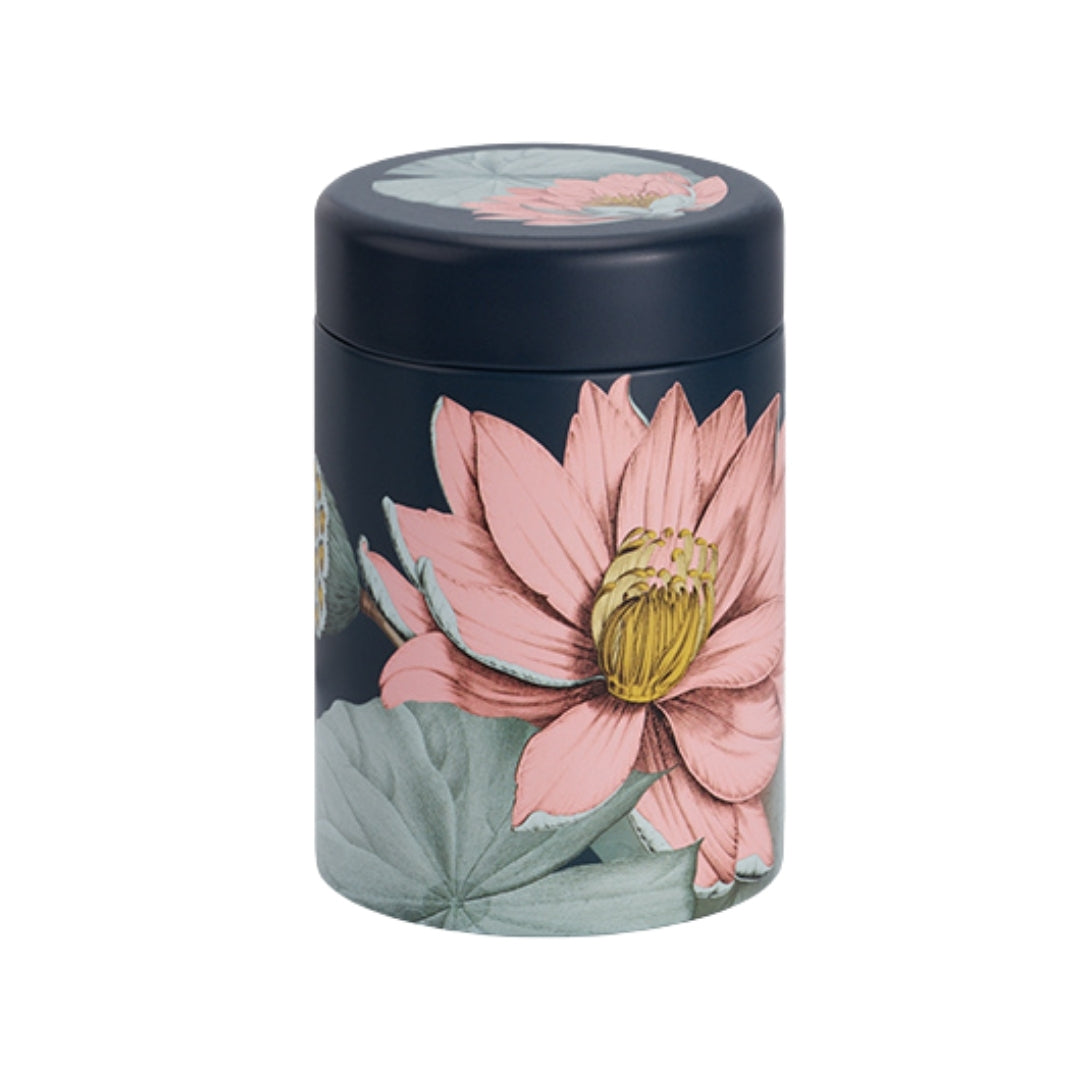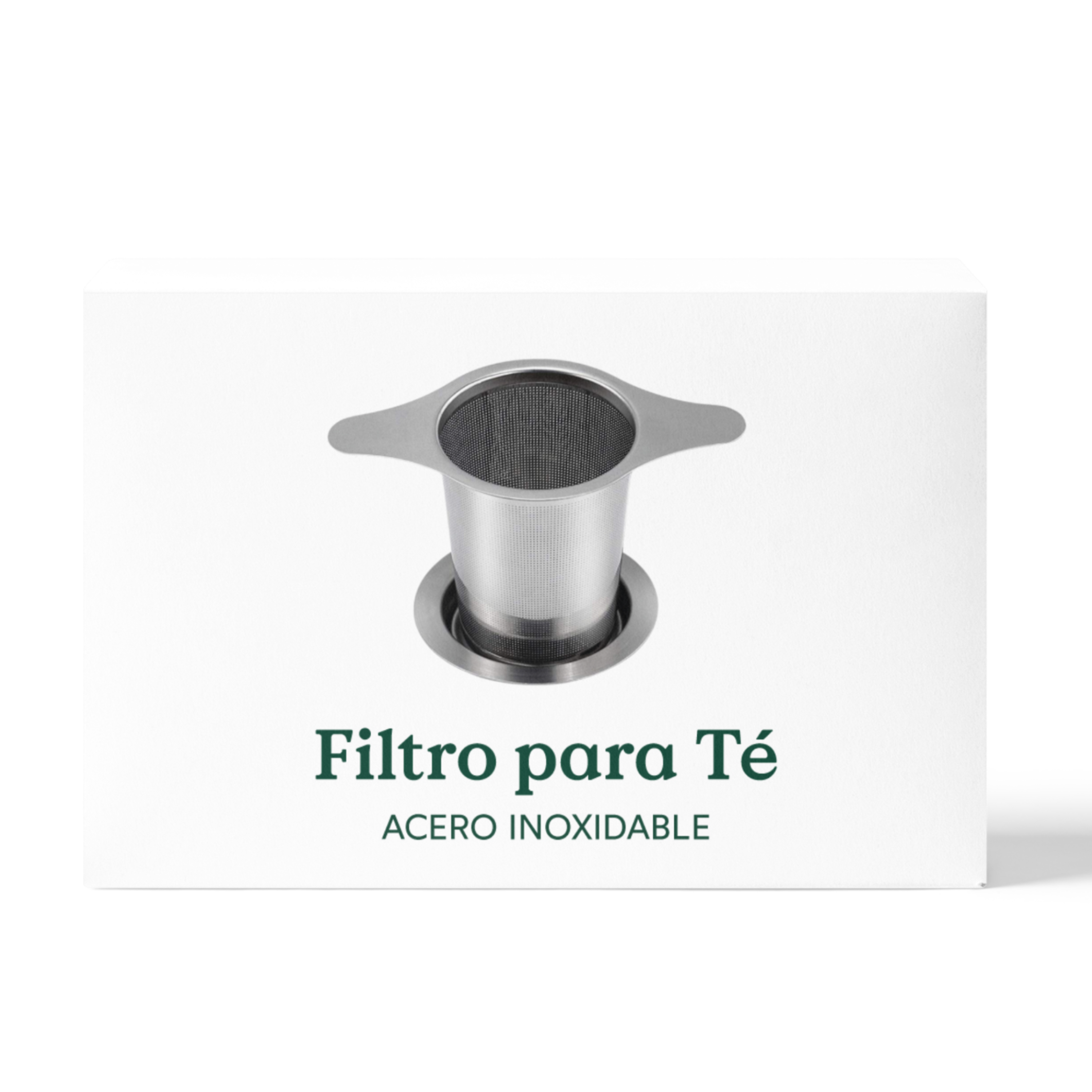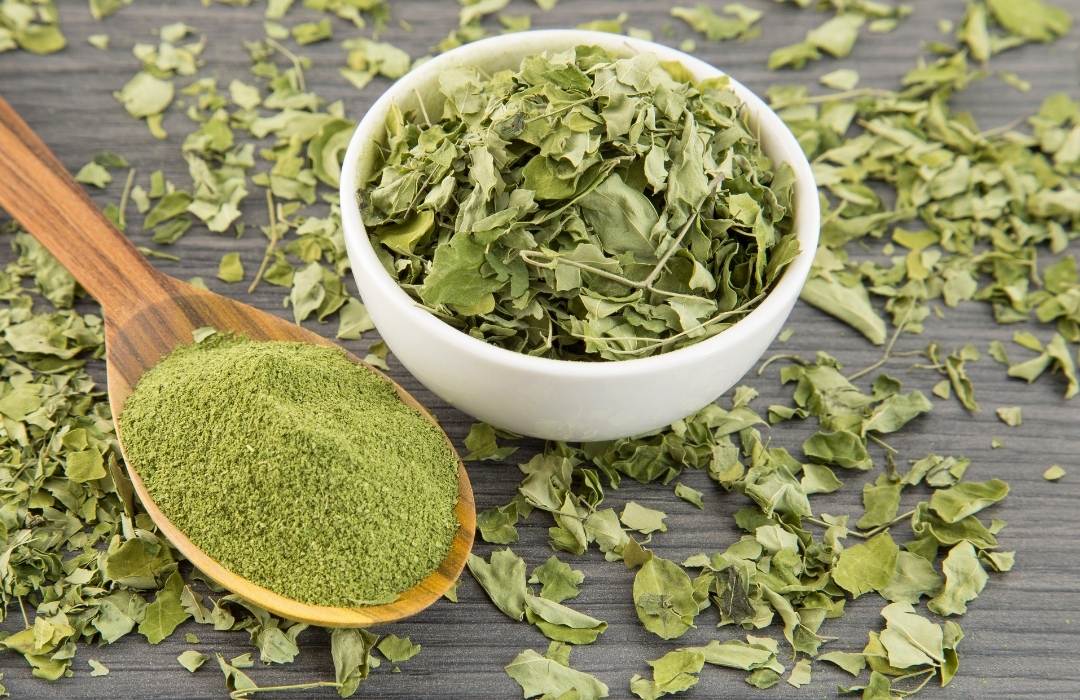
Moringa Infusion: Benefits, Properties and Contraindications
Moringa leaves and seeds have been used for thousands of years to treat various diseases and promote wound healing. The leaves are packed with nutrients essential for human health.
In recent years, interest in this plant has grown so much that Western scientists have begun to study its health benefits. Read on to learn what research shows about moringa tea, its benefits, and properties.

What is moringa infusion?
Moringa tea is made from the leaves of the Moringa oleifera plant. The moringa tree goes by several common names, including the miracle tree. It is also commonly called the ben oil tree because it produces benzoyl. Another popular name is the horseradish tree because the roots have a flavor similar to the rhizome.
The moringa tree is native to tropical Southeast Asia. India is the largest cultivator of moringa. The tree is also cultivated for agricultural and medicinal purposes in other countries such as the Philippines, Indonesia, and Taiwan. Additionally, the plant is cultivated and found growing wild in parts of Africa, Central America, and Oceania.
Moringa infusion is prepared by infusing moringa leaves in hot water. It can also be prepared with ground moringa leaves. It does not contain caffeine and can therefore be consumed at any time of day.
Taste of moringa infusion
Moringa tea has an earthy flavor similar to green tea. It's less bitter and astringent than most green tea varieties and can tolerate high temperatures and longer steeping times. It's often paired with honey, mint, and cinnamon to balance its earthy notes.
At Replantea you can find the Tropical Organic Moringa Infusion , made with moringa leaves, apricot, blackberry leaves and mango among other 100% natural ingredients.
Benefits of moringa infusion
1. Rich in antioxidants
Free radicals are produced by interacting with external agents such as pollution, fried foods, and sun exposure. They damage cells by stealing an electron, causing oxidative stress, cell damage, and premature aging. The antidote: antioxidants, such as the flavonoids and polyphenols found in moringa. A diet rich in antioxidants has been shown to prevent the onset of chronic diseases and even reduce the signs of aging.
Antioxidants in moringa leaves include beta-carotene and vitamin C. The antioxidant activity of these ingredients has been linked to improved immune health in both animal and human studies. Moringa leaves also contain quercetin, an antioxidant that may help reduce high blood pressure in certain individuals. Additionally, moringa leaves contain chlorogenic acid, which may help regulate blood sugar levels.
2. Very nutritious
Many healthy foods often feature a healthy ingredient. These include carrots and vitamin A, citrus fruits and vitamin C, and nuts and vitamin E. Moringa leaves stand out as a superfood because they are considered a good source of iron, calcium, vitamin C, vitamin B6, and riboflavin, and have significant amounts of potassium, vitamin A, vitamin E, and magnesium.
3. Reduces blood sugar
Spikes in insulin and blood sugar levels can cause mood swings and sugar cravings, and even lead to the development of type 2 diabetes and obesity. Moringa tea can help regulate blood sugar levels.
Moringa has been effective in reducing lipid and glucose levels and regulating oxidative stress in laboratory studies. A clinical study also demonstrated therapeutic antioxidant properties, as well as a reduction in fasting glucose levels in women who took a moringa leaf and amaranth supplement for three months. An animal study even showed that dietary moringa could help reduce weight gain and insulin resistance.
4. Helps reduce inflammation
Inflammation is an essential response to stimuli in the body. However, chronic inflammation can lead to serious health problems, such as high blood pressure, chronic pain, and an increased risk of heart attack.
Most plants and plant products contain anti-inflammatory compounds. These compounds are classified differently based on their chemical composition, and some have been shown to be more effective than others at reducing inflammation.
Moringa has been shown to significantly reduce inflammation in cells. In addition to containing anti-inflammatory polyphenols and isothiocyanates, moringa reduces inflammation by suppressing inflammatory enzymes and proteins in the body.
5. It can reduce cholesterol
High cholesterol has been linked to an increased risk of heart disease. Fortunately, many plant-based foods can effectively lower cholesterol. These include flaxseeds, oats, and almonds.
Both animal and human studies have shown that moringa can reduce bad cholesterol levels, reducing the risk of heart disease.
6. Boosts sexual health
Stress can worsen your sex life. It can disrupt hormone levels, increasing cortisol and decreasing dopamine to reduce libido. In animal studies, moringa has been shown to not only reduce cortisol levels but also naturally increase testosterone levels, a known sex drive booster.
7. Improves digestion
Moringa leaves are beneficial for digestive disorders. People suffering from constipation, bloating, gas, gastritis, and ulcerative colitis can relieve their discomfort by drinking moringa tea.
Moringa leaves have antibiotic and antimicrobial properties that make them an ideal remedy for digestive disorders. The high amount of B vitamins in the leaves also helps improve digestion.

Contraindications of moringa
Although the leaves and other parts of moringa are generally considered safe and healthy for most people, there are some minor side effects to be aware of:
- In large doses, the leaves, bark, roots, and fruit of moringa may have laxative properties.
- In pregnant women, moringa roots, bark, and extract may cause uterine contractions. Pregnant women should seek medical advice before including moringa leaves or products in their diet.
- Similarly, breastfeeding women should avoid Moringa leaves, as it is unknown whether any of the chemicals present can be passed to the child through milk.
- People taking blood thinners are also advised to avoid moringa unless they consult their doctor first.
Like many other herbs, when taken in moderation it can be safe for most people, so always use it with caution.
Share

